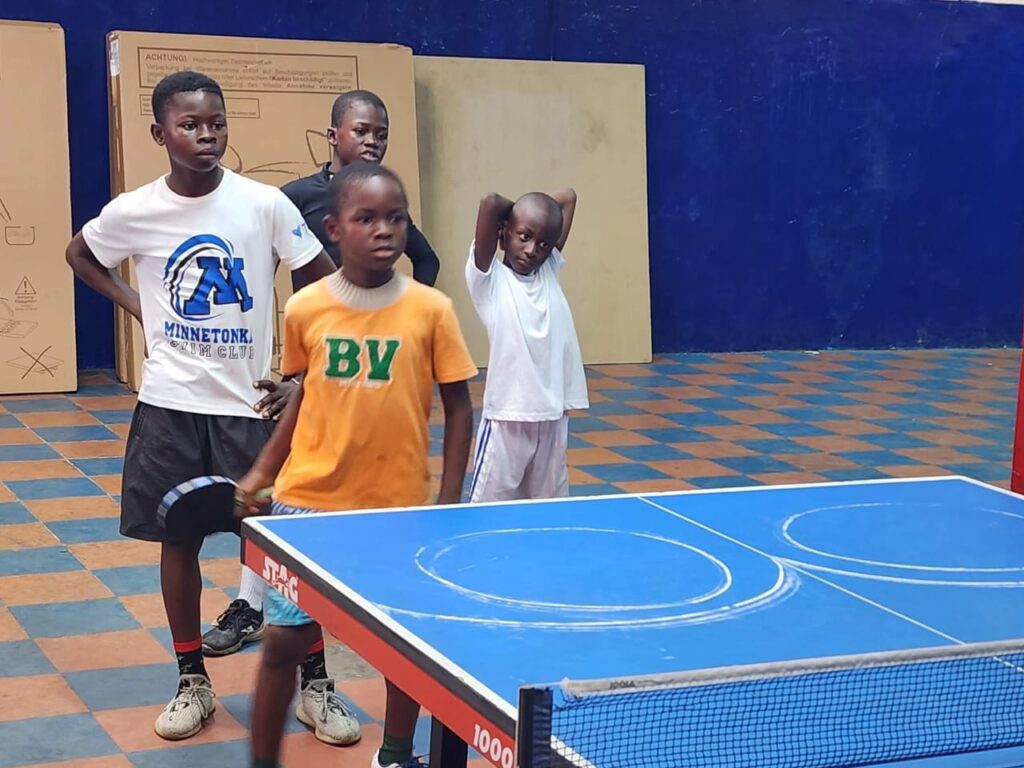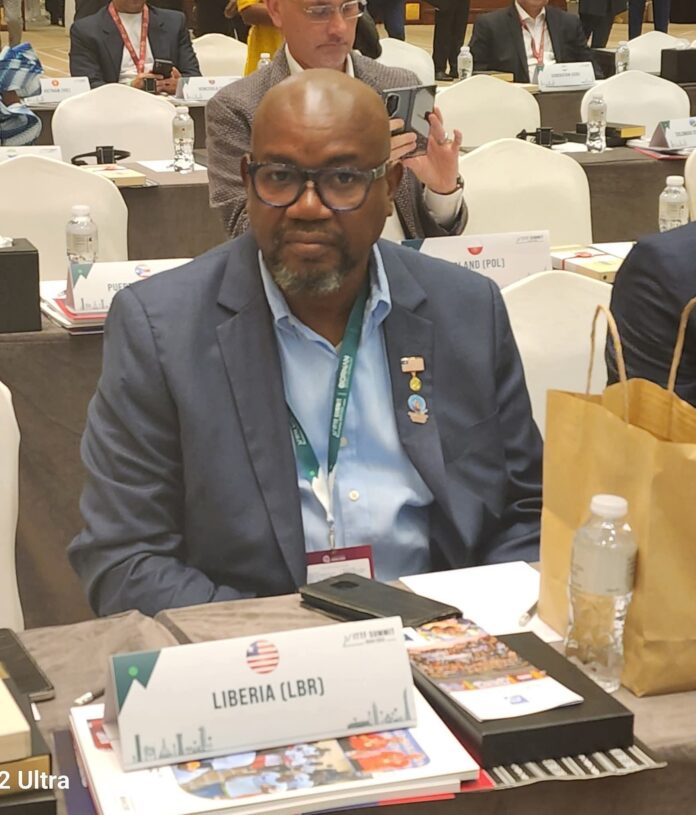Liberia faces the risk of disciplinary action, including a possible fine, from the International Table Tennis Federation (ITTF) if it fails to participate in the 2025 West Africa Regional Qualifiers, scheduled to begin this Wednesday, July 16, in Lagos, Nigeria.
The regional tournament serves as the official qualifying event for the 2025 African Table Tennis Championships, which will be held in Rwanda later this year.
The stakes are high, as the qualifiers determine which national teams advance to the continental stage of competition.
The championship will feature more than ten countries from West Africa, with athletes competing across both boys’ and girls’ categories. Participating nations include host Nigeria, Ghana, Togo, Benin, Côte d’Ivoire, Burkina Faso, Guinea, Niger, Sierra Leone, and potentially Liberia.
Notably, Liberia, Niger, and Sierra Leone are set to make their return to the qualifiers after extended absences from regional competition.
However, Liberia’s participation hangs in the balance due to unresolved financial constraints and delayed logistical preparations.
Speaking to this medium via mobile on Monday, G. Gbassay Golee, President of the Liberia National Table Tennis Association (LNTTA), expressed concern over the country’s readiness and issued an urgent appeal to the Liberian government for assistance.
“We are on the verge of national embarrassment. Our players are prepared and eager to represent Liberia, but we are still waiting on the government to fast-track the necessary documentation and financial support.
If we fail to participate, not only do we risk a fine from the ITTF, but it also damages the credibility of our association and limits future international opportunities for our athletes,” Golee warned.
According to Golee, the LNTTA has finalized plans for a 12-member delegation, comprising nine players, two coaches, and one administrator.

The team is expected to depart for Lagos late Tuesday, just hours before the opening ceremony—provided the required funding and travel arrangements are secured in time.
The delegation includes both male and female athletes who have been training rigorously in anticipation of the qualifiers.
Their exclusion from the tournament would be a significant setback for the growth of table tennis in Liberia, particularly after recent efforts to revive and invest in the sport.
Sports analysts have also raised concerns over Liberia’s pattern of last-minute preparations and financial difficulties that continue to plague national teams across various disciplines.
They argue that better planning, sustained investment in youth sports, and prompt institutional support are crucial to ensuring Liberia’s consistent presence on international platforms.
With only hours remaining before the team is scheduled to travel, the spotlight now falls squarely on government officials and relevant sporting bodies to take decisive action



